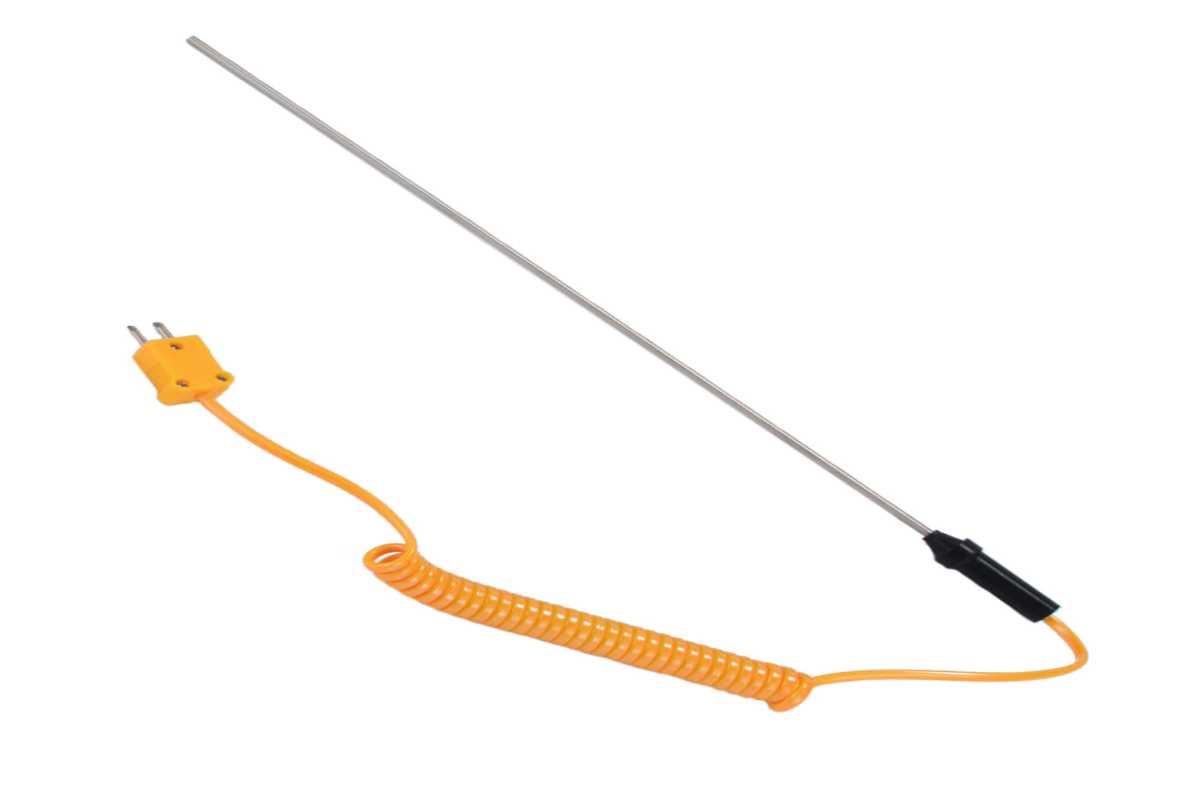Temperature probes are specialised devices designed to accurately measure an object or environment’s temperature.
There are many different types of probes available in today’s market, each with unique benefits and drawbacks.
When you’re shopping for temperature probes for your business, you’ll want to make sure you’re choosing a type that suits your needs. The information in this article will help you make the right choice.
Table of Contents
Why do I need a temperature probe?
Across industries, there are situations where maintaining a certain temperature range is critical. For example, in office and warehouse environments, you’ll want to make sure the ambient temperature is comfortable and safe for your employees.
Similarly, in the food service industry, food must meet certain temperature requirements to prevent bacteria growth and ensure it is safe for consumption. The same requirement applies to the medical industry, where workers must store medicines and equipment under specific environmental conditions for safety reasons.
Some other industries where temperature control is vital include:
- Aerospace and defence
- Automotive
- Healthcare
- Search and rescue
- Fire prevention
- Manufacturing
- Surveillance and thermal imaging
3 different types of temperature probes and when to use them
Now, let’s discuss some of the most common types of temperature probes and their industry applications.
-
Negative temperature coefficient (NTC) thermistors
Thermistors are temperature measurement devices that show incremental changes in resistance as temperature varies. At lower temperatures, resistance is higher, and vice versa.
Glass-encapsulated NTCs have an effective operating range of -50°C to 250°C, while standard thermistors can withstand temperatures from -50°C to 150°C.
These devices are popular across various applications, including the automotive, horticultural, and consumer electronics industries.
-
Thermocouples
A thermocouple is a measurement device consisting of two wires made from different metals. As temperature changes, the voltage between these two electrically bonded metals varies, providing a useable reading.
While thermocouples have low accuracy (within 0.5°C to 5°C), they can withstand temperature ranges up to 1,750°C, making them the best option for extreme environmental applications.
You’ll find thermocouples in industries such as:
- Automotive engine management
- HVAC and home appliances
- Medicine and pharmaceuticals
- Industrial processing
- Spacecraft and aircraft
- Food and beverage processing
-
Resistance temperature detectors (RTDs)
RTDs feature a wire wrapped around a glass or ceramic core. Several varieties are available, including platinum, nickel, and copper, with platinum being the most accurate option.
These types of sensors are highly accurate, consistent, and stable compared to thermocouples and other probes, although their temperature range is slightly narrower (ranging from -200°C to 600°C).
RTDs are a popular choice for:
- Consumer and power electronics
- Military
- Medical electronics
- Food handling and processing
- Automotive
- Computing
For example, RTDs can accurately measure engine and intake air temperatures in the automotive industry.
Make the right choice for your business needs
Choosing the right type of temperature probe for your business is all about identifying your unique needs. For example, if you’re working under extreme temperatures, a thermocouple is a smart choice. However, a semiconductor-based sensor might be a better option if you’re working under more standard temperatures and have a limited budget.

